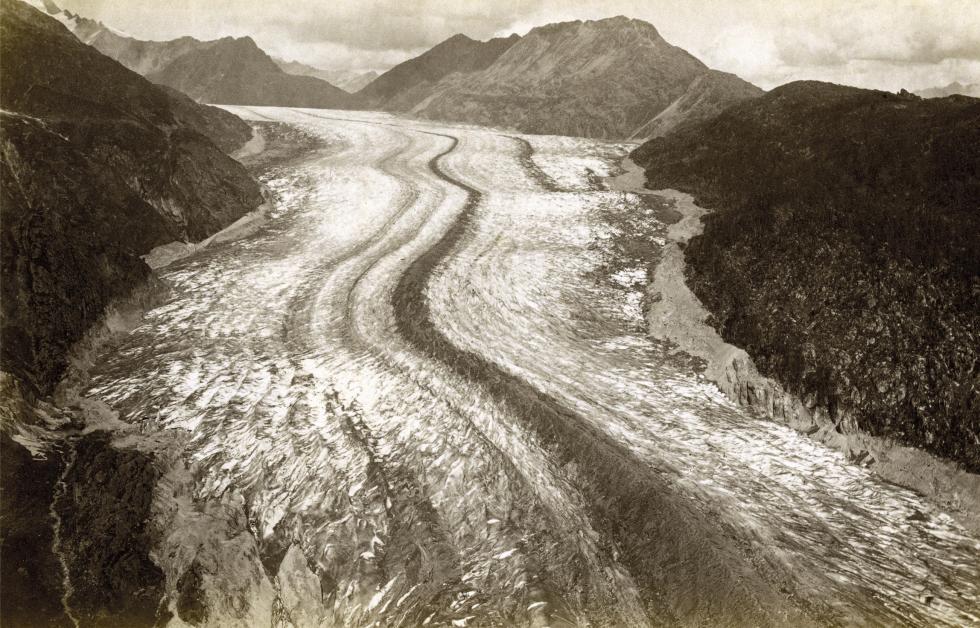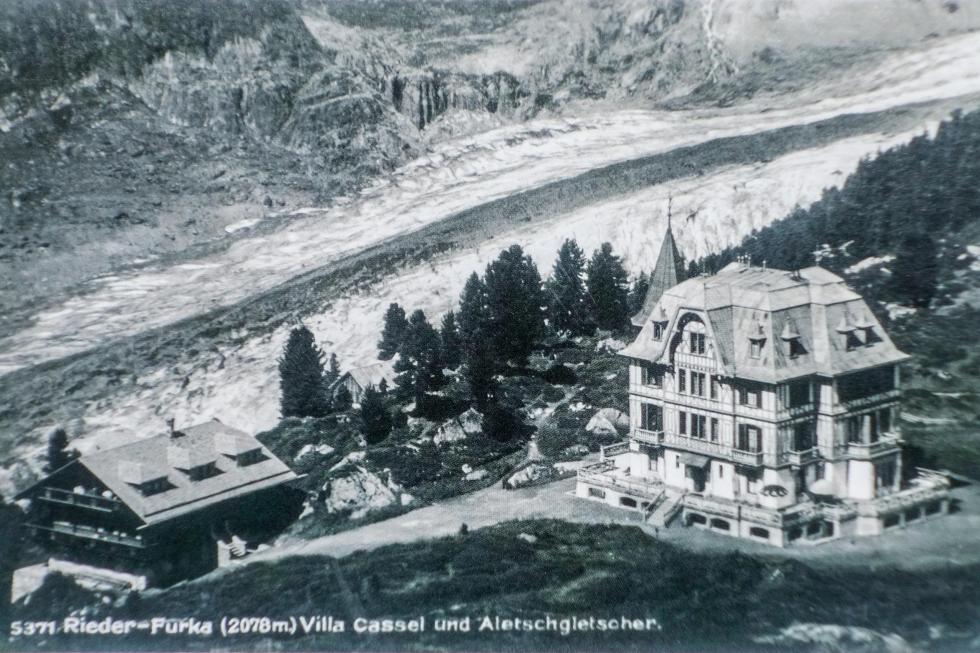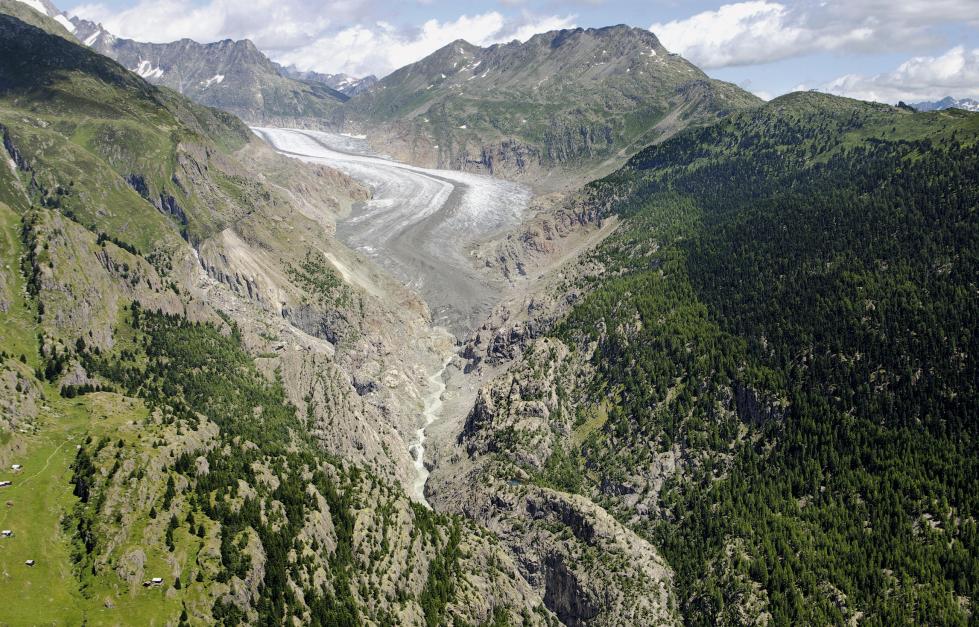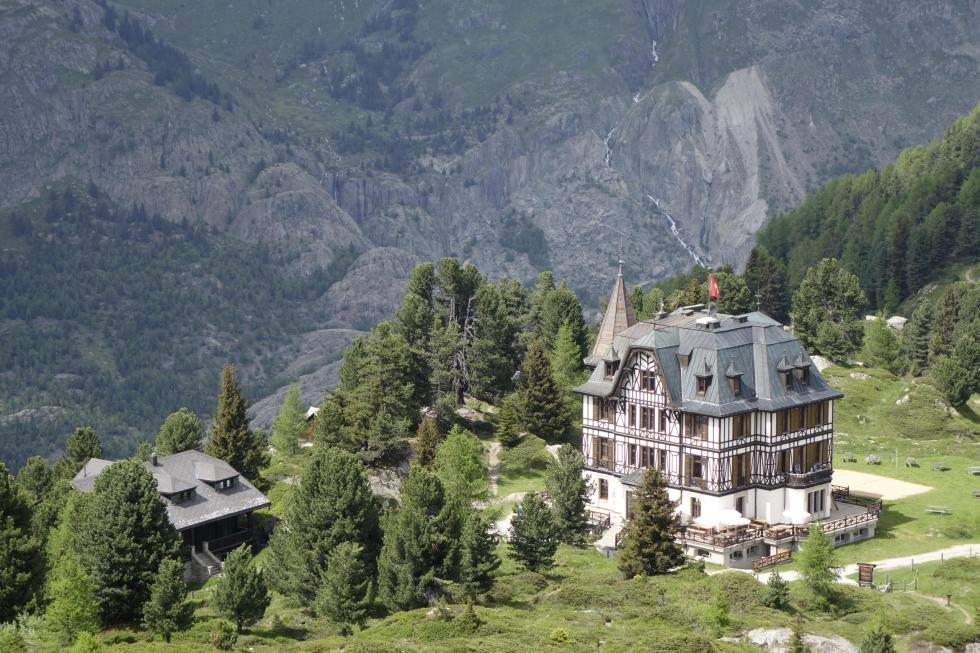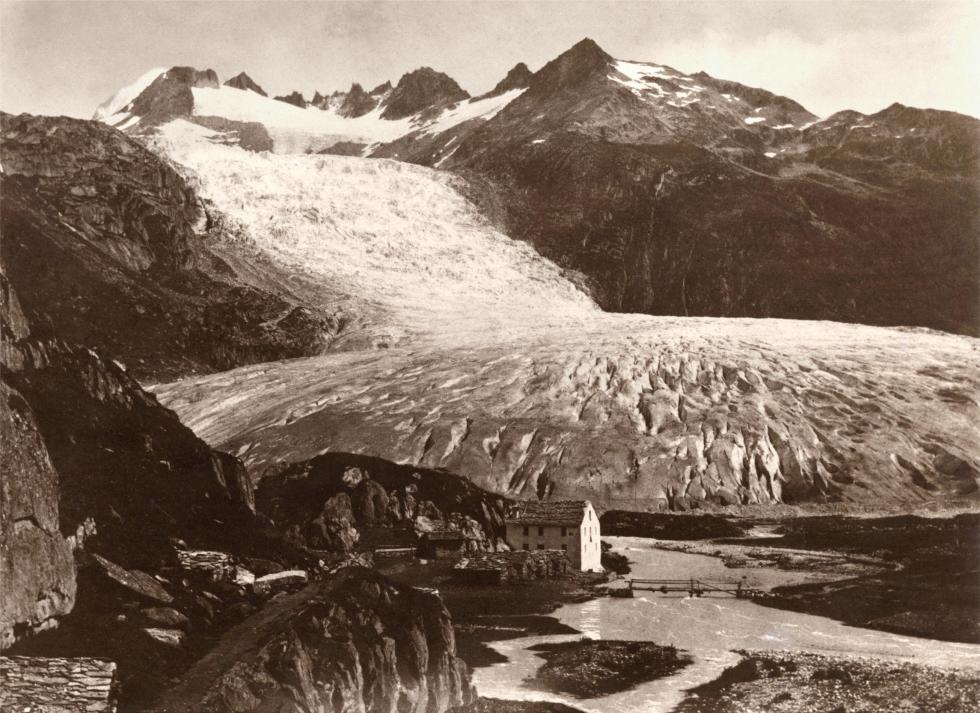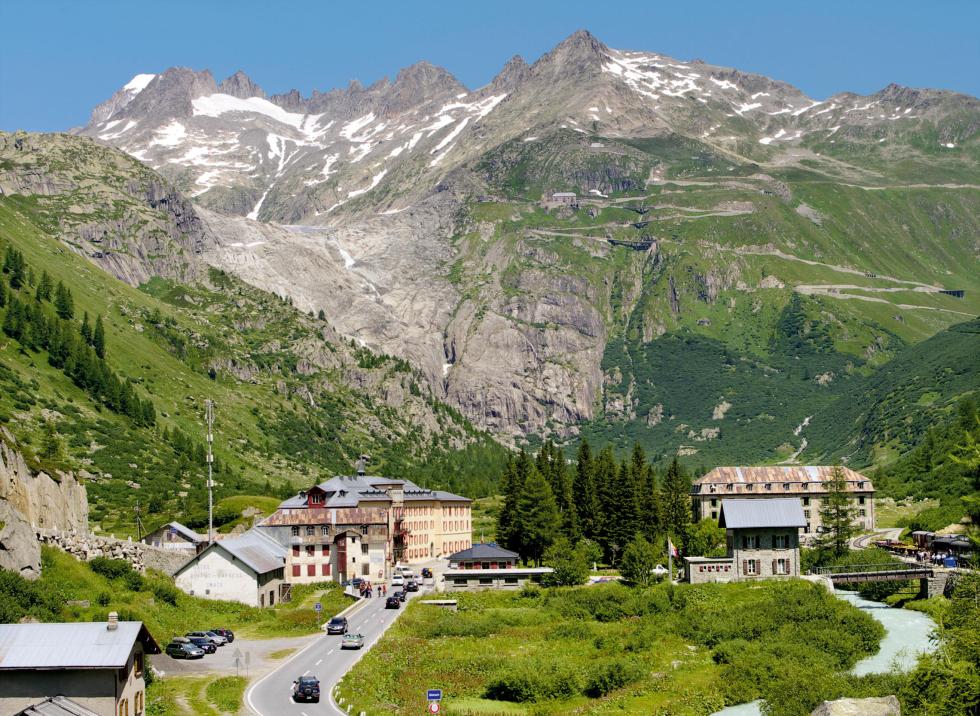I think that’s a massive step forward to be honest.
The idea of having to do a 200 mile journey and having to stop for 4 hours in the middle of it would be a real put off.
Overall though I still think another massive challenge is the accessibility of charging points. Quick charging means road side charging stations start to become a little more feasible.
3 Likes
That and green/renewable energy.
I remember listening to an interview before christmas and the guy was setting up an electric car charging station with a gym attached, so you can workout whilst charging your car, but the idea was to link the bikes and rowing machines into a generator so that the use of the machines could generate electricity and feed that back into powering the cars - fucking brilliant idea and from what I gather hearing the interview, it seems like most of the technology and kit is either already developed or not far off - they just need things scaled to make sure they aren’t massively oversized for the amount of power to produce
6 Likes
In geography, the rise of charging ports coalesced around gyms. It was in the car manufacturers interests to make steroids widely available.
3 Likes
Biggest concern I have with all of this is infrastructure and a lack of drive from governments to deliver it.
1 Like
Look at this then, optimistic.
1 Like
Is this is an extract from the geography or the history ‘textbook’ our great grandchildren will access from the chip in their brains?
2 Likes
Frankly, all outdoor/public space smocking should be banned.
1 Like
Id pick on other more substantive things first.
1 Like
We humans (at least some of us) are horrible, horrible creature 
Last summer, I spent my holidays next to the Aletsch glacier, the longest one in the Alps, and a truly wonderful place. But the glacier goes back spectacularly.
Here is a pic of the glacier around 1865 (roughly at it’s peak in progression):
and in 1912:
And that’s how it looked like in 2010:
Since then, it has retreated 550 more meters, and the phenomenon is still accelerating. Scientists have found out that according to how much global warming rises, the glacier could disappear entirely before the end of the century. The same can be said of all major glaciers in Europe.
Here is a pic of the Rhône glacier in 1855:
and in 2010:
7 Likes
Probably never get to find what was in them either…
Chemicals maybe :0(
I always wonder whether these irresponsible companies are taken to task for these pollutions, or if they are just told ‘Oh bad luck, you’ll do better next time…’
2 Likes
I bet it’s covered as an insurance thing but they are so used to it it gets addressed as part of a normal day to day thing.
1 Like
Sounds sinister to me…
not as though anyone can go out and discover what was in them
Yes these companies should be brought to task and treated as though it was chemical X and let the shipping companies prove it wasn’t…
3 Likes
While I agree just thinking out loud. If losses were to become so problematic for these shipping companies do they just up prices and simply not carry as much? This then leads to more shipping journeys which then translates into other environmental issues.
2 Likes
Containers were designed to limit floor space for maximum storage purposes in secure unit… looking at an average container yard no doubt supports this format. Same principle for loading a ship above or below deck.
Stacking them so high on the deck of a ship is not a problem while they remain upright, but as we know, the motion of the waves will alter the upright angle to dislodge them. Most certainly from the top units, moving unit by unit back down to the deck, all will become vulnerable from the swaying motion. Think of Lego blocks assembled as high as a ceiling.
Maybe a law needs to be passed about how these containers are affixed to each other (by chains or similar), rather than by the weight of the unit itself, could help to resolve the issue.
1 Like
Does this happen often to any of you residing in the UK? 
1:06 really had me 
3 Likes
Not so much. Local authorities are shit scared of insurance litigation they literally throw millions of tonnes of road salt everywhere. Of course lots of that ends up in rivers. 
2 Likes

